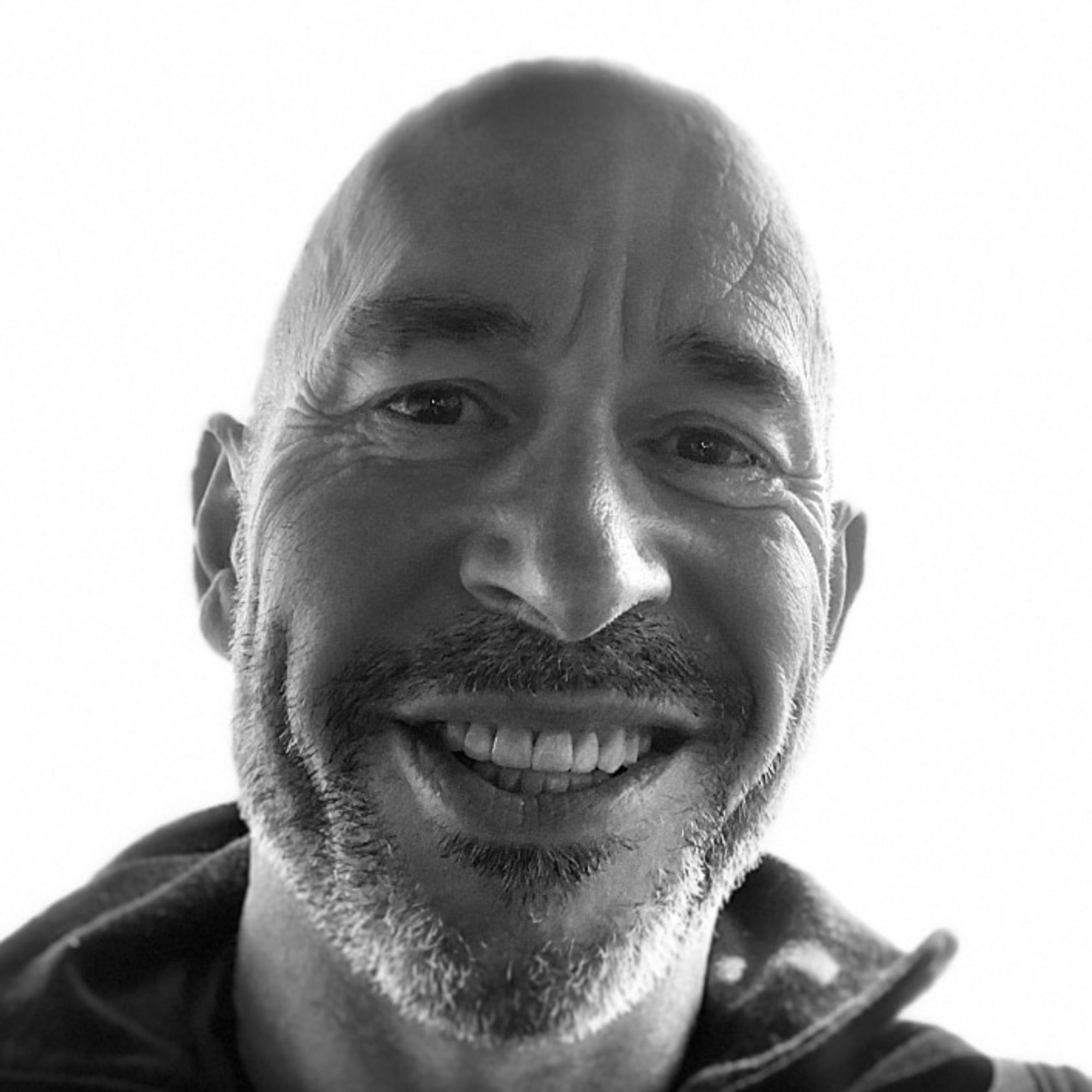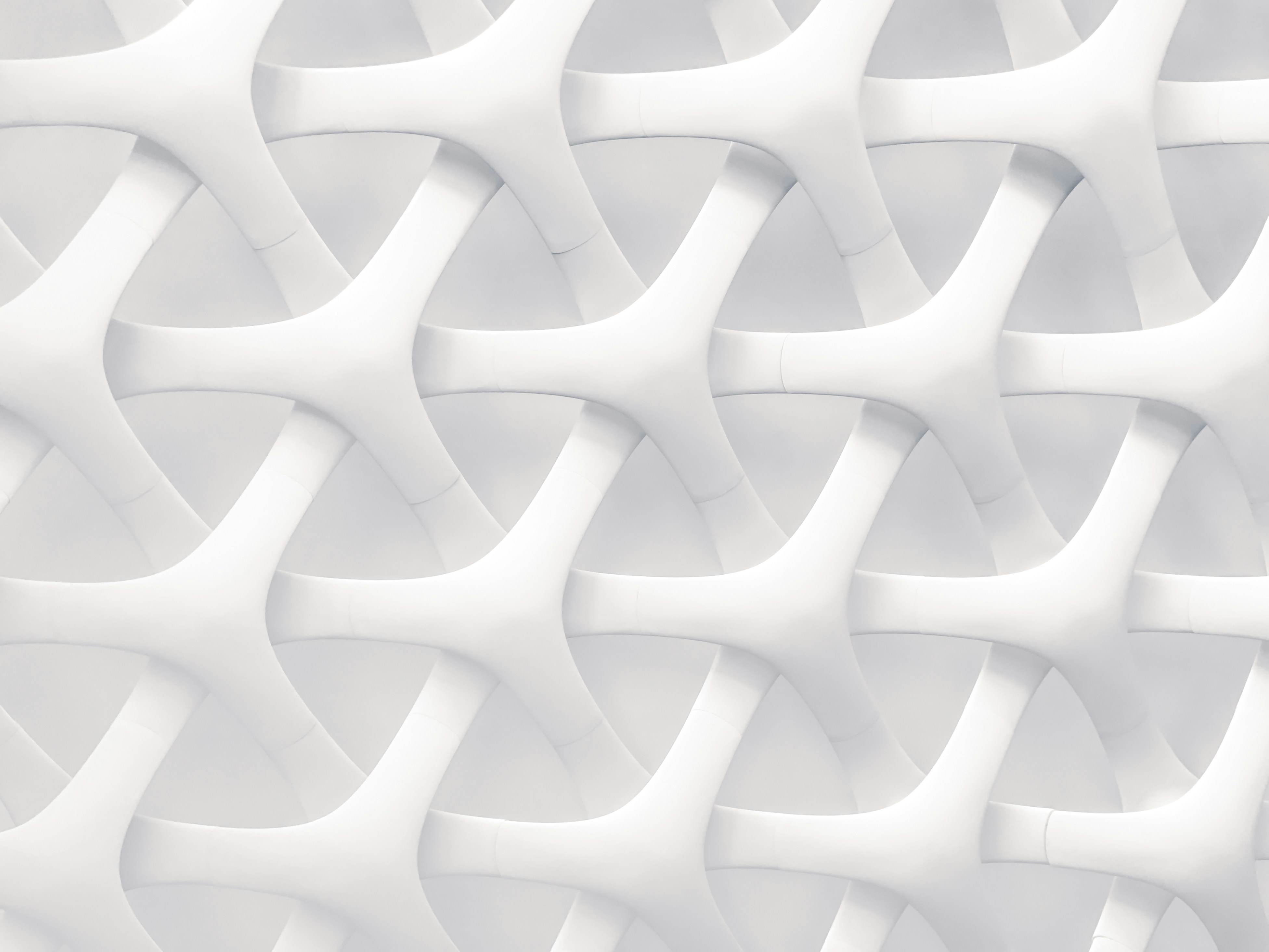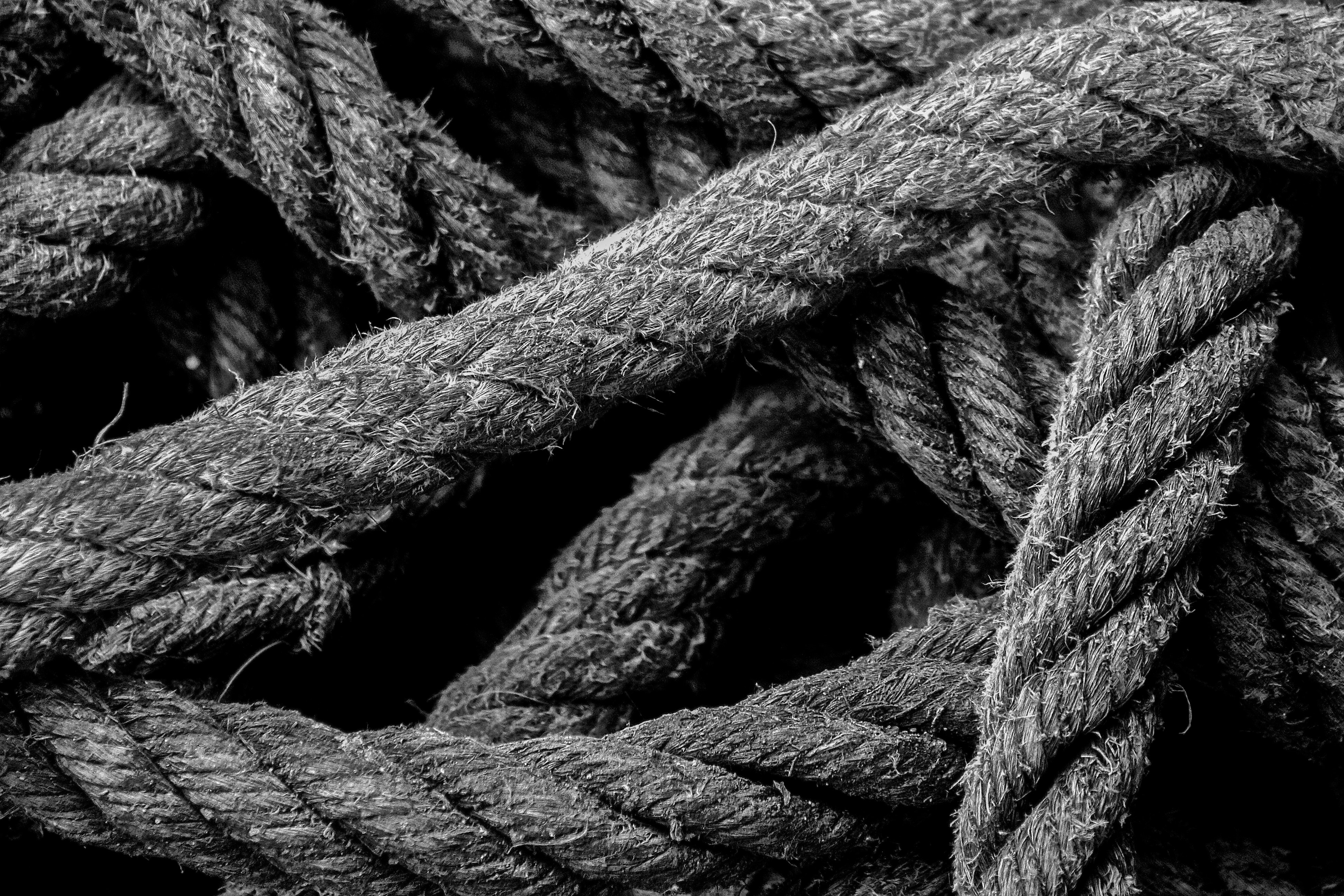Tags
Ready to Publish
Ready to Publish
Publish Date
Sep 5, 2021
Slug
Excerpt
Suffering is a universal and uncomfortable experience in life, but is it all bad?
Related Posts
Featured
External Link
Extra Info
Status
:Source URL
:Priority
Authors
Let’s face it; suffering sucks. But I want to talk to you about changing this. I want to talk to you about a different way of suffering.
So what is suffering? Suffering is the bearing of discomfort; simply being uncomfortable. Its could be physical discomfort, like the sore muscles we have after a strenuous workout, or it could be emotional discomfort, catalysed by a friend who did something that hurt us. Or a myriad of lots of other forms of discomfort.
But every case of suffering always emerges out of a gap; a gap between what's going on in our life, and what is important to us. When these two things don't coincide we have a Meaning gap. Another way of saying this is that something that is important to us is evading our grasp; to feel valued, or in control of our life for instance. This gap creates a kind of tension that can be really uncomfortable.
Imagine a rubber band stretched between your two hands. One of your hands represents what you have, and the other hand represents what you want.

The bigger the gap between your hands, the bigger the tension of the rubber band and so the bigger the discomfort and suffering you experience from the meaning gap.
We generally think that because suffering is uncomfortable it is something to be avoided. And, if the suffering we are experiencing is emotional it will also usually feel very personal. It tends to feel like something that is happening to us of which we are a kind of passive victim.
But you may not realise that there is actually another way to suffer; and the other way is better.
In the way that we know (the first way), we are passive victims of our habitual response to situations like the one we’re currently suffering through. The uncomfortable experience consumes our energy and leaves us a little damaged and depleted. I call this "suffering-in".
"Suffering on"
The second way of suffering is different. In this way we are meaningful participants in the process. That means that we are something more than just a passive recipient of the suffering. We are able to transform the experience of suffering from something that consumes us to something that we consume. What's more, the suffering becomes less uncomfortable, and it takes less emotional energy from us. And, to top it off, it also provides a kind of nutrition that we consume. In doing so this builds our fundamental capability to better meet moments like these. I call this "suffering-on".
You can either be "in" the suffering or "on" the suffering. When you are "suffering-in" the suffering is something that all of you is enclosed within, and you are a passive victim of it with no choice. All there is to experience is the feeling of suffering and all you can do we endure it as best you can. It's pretty damned uncomfortable and we hope it will pass quickly.

In "suffering-on" the suffering doesn't encompass all of us. Some part of us remains outside of it, as a kind of empathetic witness. When we suffer-on its like there is two of us. One of us is inside of the suffering but the other is outside of it, and brings something else to the experience. What this "something else" looks like will depend upon the capability we have previously developed in working with our suffering. For instance that part of us that is "on" the suffering can bring;
- empathy for our suffering-in self
- a recognition that due to Circularity our experience of suffering is as much something we create as it is something that happens to us. This can lead to …
- inquisitive inquiry as to what the root cause of the suffering might be. “What can I do to reduce this suffering in the future?”
- creative problem solving to reduce the degree of current suffering. For instance one tactic that I often use in processing my suffering is to try and become aware of where my attention is automatically drawn to when I’m suffering and ask whether this is helpful or not (spoiler alert: it's usually not)
- a simple remembering that in this "dual" experience of suffering-on I am more than the suffering, and I can meaningfully shape it. I’m self-authoring my experience.
It is not always possible to move from suffering-in to suffering-on. However this is a Capability that anyone can build. And we build this capability like any other, with Dependable practice; the more we practice it, the stronger it becomes. In doing so we not only transform suffering from something that takes away from us to something that builds us, but we also develop our fundamental self-authoring capability. What a beautiful possibility.
"We either make ourselves miserable, or we make ourselves strong. The amount of work is the same"
Carlos Castaneda




